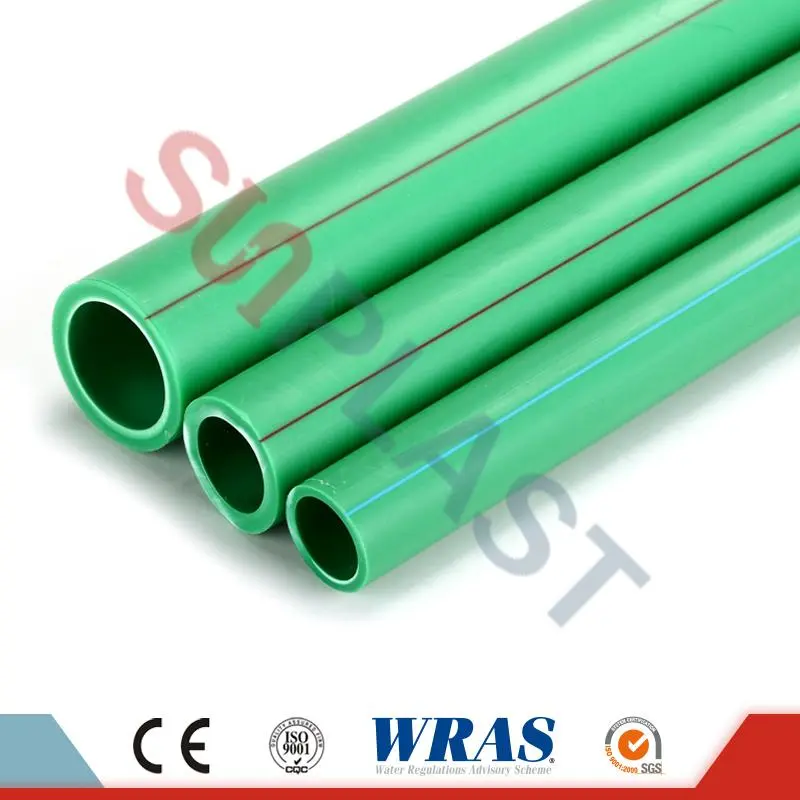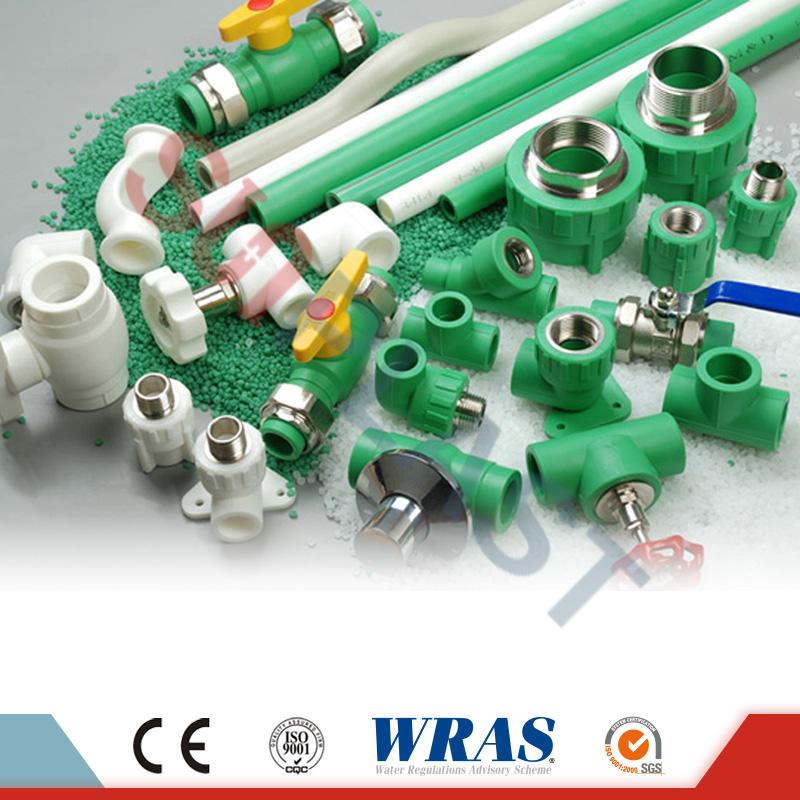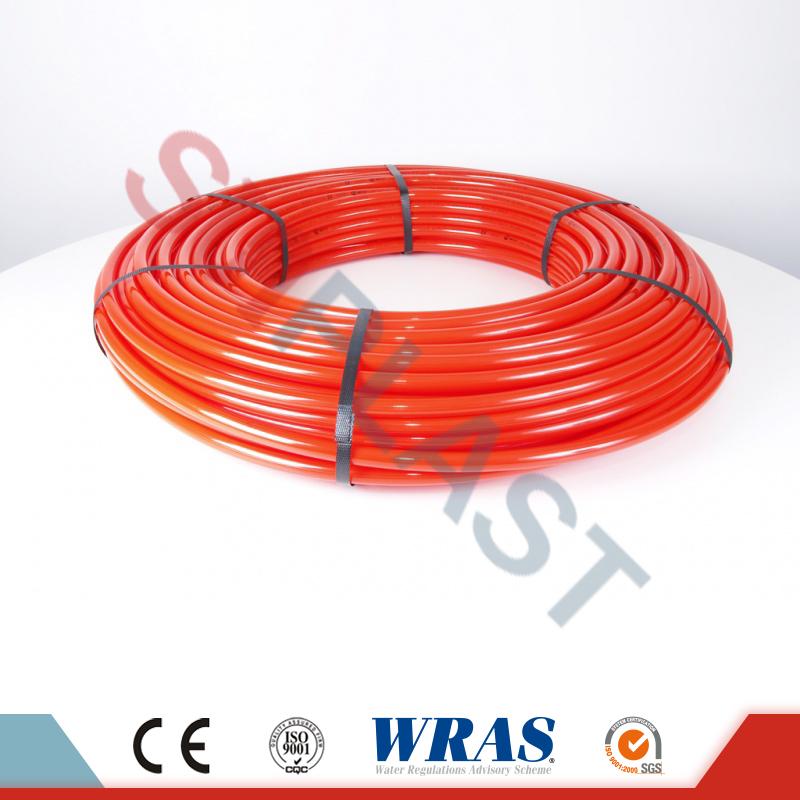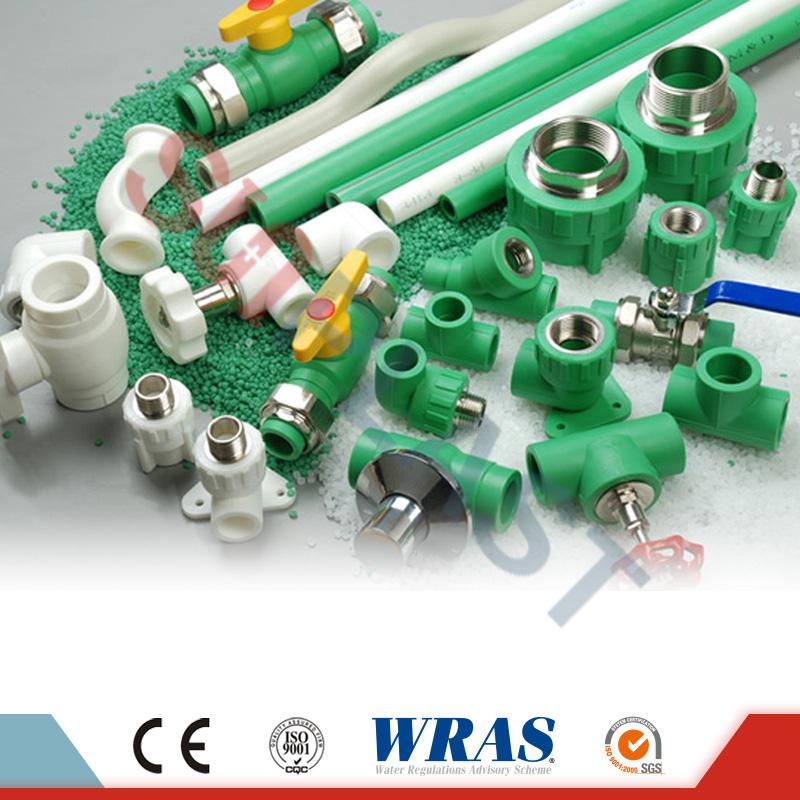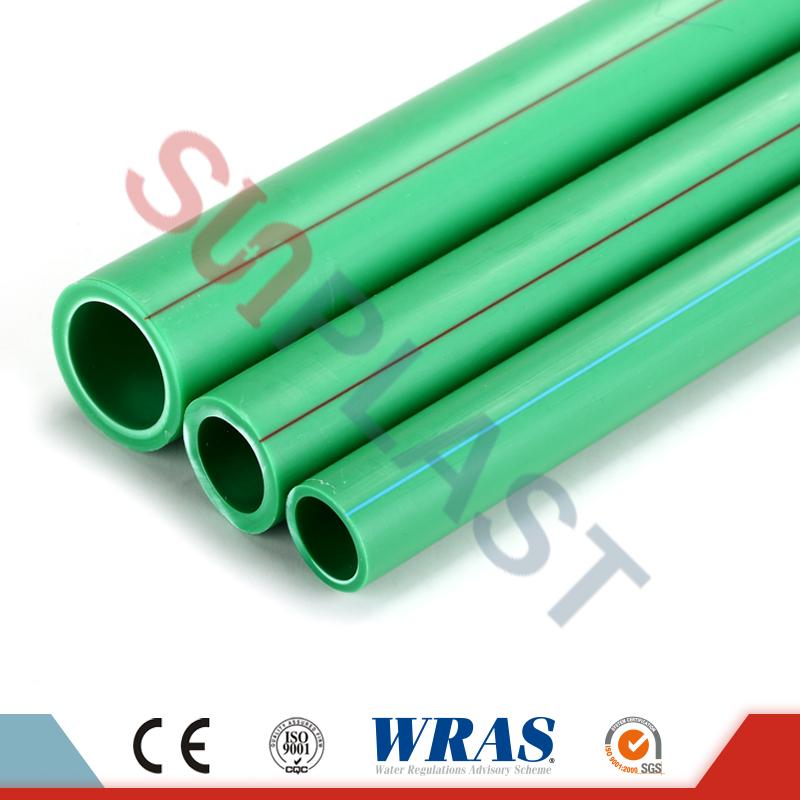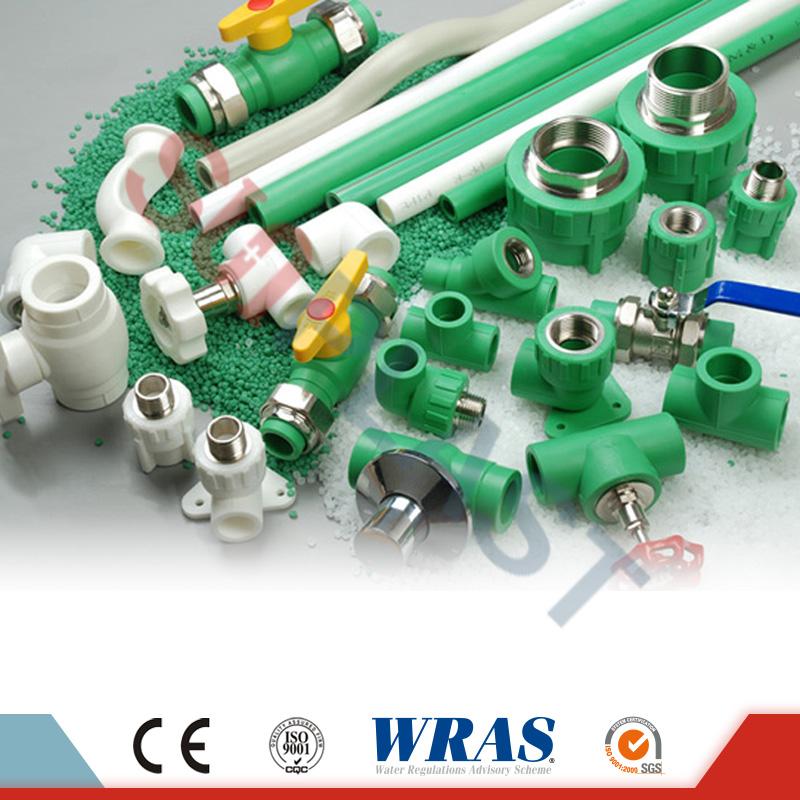
- English
- Español
- Português
- русский
- Français
- 日本語
- Deutsch
- tiếng Việt
- Italiano
- Nederlands
- ภาษาไทย
- Polski
- 한국어
- Svenska
- magyar
- Malay
- বাংলা ভাষার
- Dansk
- Suomi
- हिन्दी
- Pilipino
- Türkçe
- Gaeilge
- العربية
- Indonesia
- Norsk
- تمل
- český
- ελληνικά
- український
- Javanese
- فارسی
- தமிழ்
- తెలుగు
- नेपाली
- Burmese
- български
- ລາວ
- Latine
- Қазақша
- Euskal
- Azərbaycan
- Slovenský jazyk
- Македонски
- Lietuvos
- Eesti Keel
- Română
- Slovenski
- मराठी
- Srpski језик
News
How to tell whether calcium carbonate is added to PPR?
A relatively simple way is to determine whether calcium carbonate is added by testing the density of PPR water pipes. The density of normal PPR water pipes should be 0.89-0.91g/cm3. The density of calcium carbonate is above 2.7g/cm3, so if calcium carbonate is added, the overall density of the PPR w......
Read MoreWhat are the adverse effects of adding calcium carbonate on PPR water pipes?
During the production of PPR water pipes, adding calcium carbonate has two main adverse effects on PPR water pipes. First, and most importantly, the addition of calcium carbonate will reduce the mechanical properties of PPR water pipes and affect the static pressure strength of water pipes. Compared......
Read MoreWhy should calcium carbonate be added in the production of PPR water pipes?
Sometimes consumers have no way to tell the quality of PPR water pipes. Just like adding calcium carbonate to PPR water pipes, there is no difference at all from the appearance of the water pipes. However, among small-scale manufacturers, doping calcium carbonate in the production of PPR water pipes......
Read MoreSome tips on PPR water pipes
The nominal outer diameter dn of PPR water pipe fittings refers to the nominal outer diameter of the PPR water pipe connected to the water pipe. There is a requirement for the key wall thickness of PPR water pipes, which requires that it should not be less than the wall thickness of the same PPR wat......
Read MoreWhat should you pay attention to when welding PPR water pipes in winter?
PP-R water pipes are brittle at low temperatures, so special attention needs to be paid during construction and installation in winter. Today I will introduce to you what you should pay attention to when welding PPR water pipes in winter.
Read More
